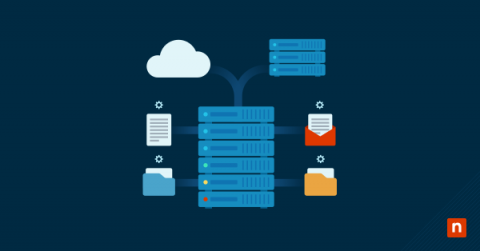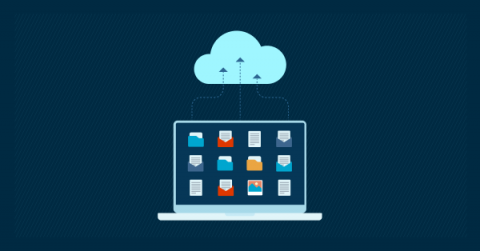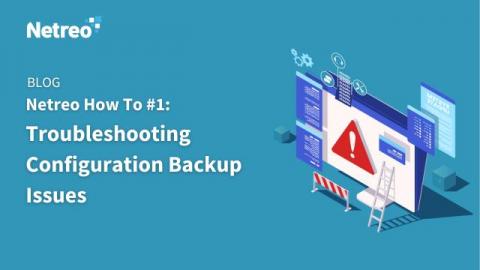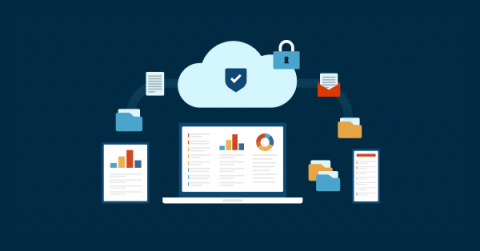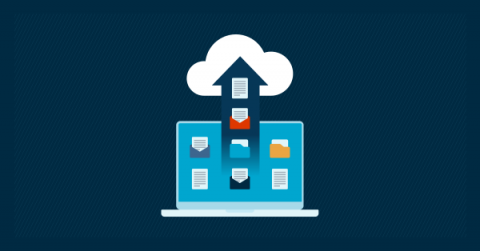Server Backup: 5 Best Practices
There are plenty of disturbing data backup statistics everywhere you look. For instance, “60% of backups are incomplete and 50% of restores fail,” Ontech systems confirms. According to Invenio IT, “ 72% of all users had to recover from a data backup at least once in the past year, and 33% had to do so more than once.” All these statistics make one fact crystal clear: data backup software is essential for every organization.


